Terno AI
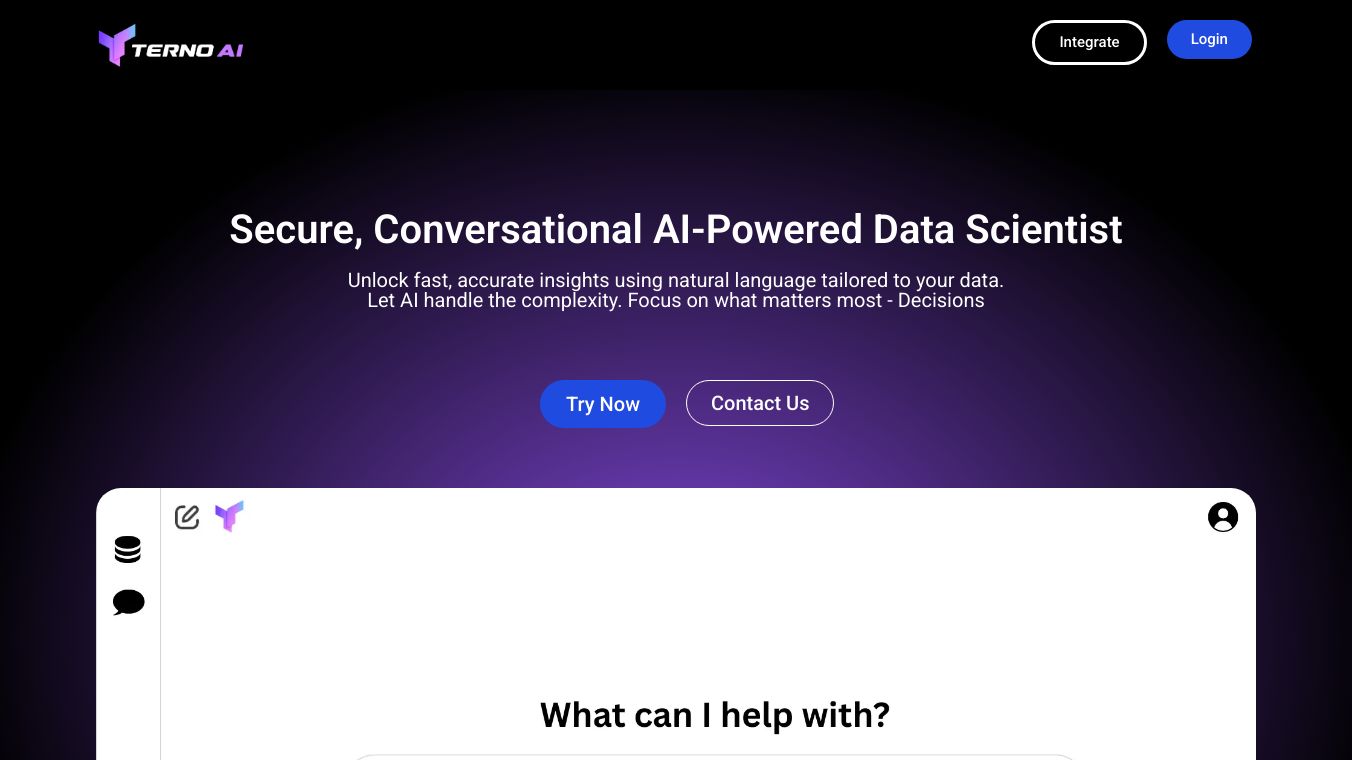
Terno AI is a powerful tool designed to enhance data analysis and integration across various platforms and databases. It addresses the limitations of traditional databases by introducing a semantic layer that enables text searches based on meaning and similarity, rather than just exact keyword matches. For instance, searching for "blue jeans" in an e-commerce database might miss products labeled "navy denims" due to keyword-based limitations. Terno AI overcomes this by understanding the context and semantics of the search queries.
Benefits
Terno AI offers several key advantages that make it a valuable tool for businesses:
Semantic Search: Terno AI's semantic layer allows for more accurate and relevant search results by understanding the meaning behind the queries. This ensures that users find the information they need, even if the exact keywords are not used.
Multi-Database Analysis: Terno AI can analyze data across multiple databases. Users can connect as many databases as they want and perform analyses across different data sources in a single query. It works with major databases like PostgreSQL, MySQL, BigQuery, and more.
ERP Integration: Terno AI integrates seamlessly with most Enterprise Resource Planning (ERP) systems, such as Odoo. This makes it easier for businesses to manage their data and processes efficiently.
File Compatibility: Terno AI can work with various file formats, including PDF, CSV, and Excel. This flexibility allows users to analyze data from different sources without needing to convert files.
Artifact Store: Terno AI generates intermediate artifacts such as datasets, machine learning models, code, graphs, and charts to answer complex queries. These artifacts are saved in the Artifact Store, making them reusable across teams. This accelerates result generation and enhances data understanding within organizations.
Extensible Tooling Augmentation: Every organization has unique workflows, such as sending emails, calling internal APIs, or scheduling jobs. Terno AI offers an extensible tooling augmentation layer to integrate with these processes. For example, users can instruct Terno to "send a report via email to my team every Monday morning."
Instant Analytics: Terno AI provides instant analytics by connecting different databases, including CSV, NeonDB, PostgreSQL, and BigQuery. Users can upload CSV files and connect their BigQuery datasets to Terno for immediate insights.
Non-Technical Accessibility: Terno AI democratizes data analytics by making it accessible to non-technical teams. Marketing managers, sales executives, and finance leads can unlock business value from data without needing to learn complex programming languages or SQL.
Use Cases
Terno AI can be used in various scenarios to improve data analysis and integration:
E-commerce: Enhance search functionality to provide more accurate and relevant results, improving the customer experience.
Enterprise Resource Planning (ERP): Integrate with ERP systems to streamline data management and analysis, making it easier for businesses to make informed decisions.
Marketing: Analyze data from multiple sources to gain insights into customer behavior and campaign performance.
Sales: Track sales performance and identify trends to optimize sales strategies.
Finance: Analyze financial data to identify trends, risks, and opportunities, helping finance teams make better decisions.
Additional Information
Terno AI empowers organizations to achieve unmatched query precision, customize their data analysis processes, and integrate seamlessly with their existing systems and workflows. This results in more efficient data management, better decision-making, and enhanced business outcomes.
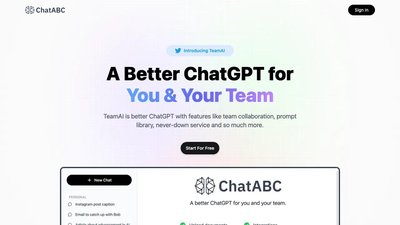
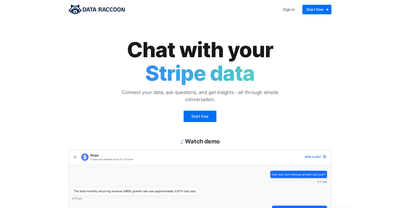
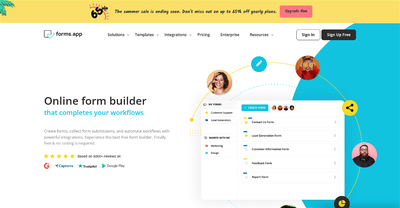
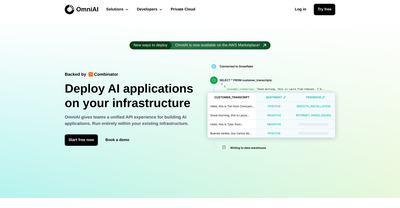
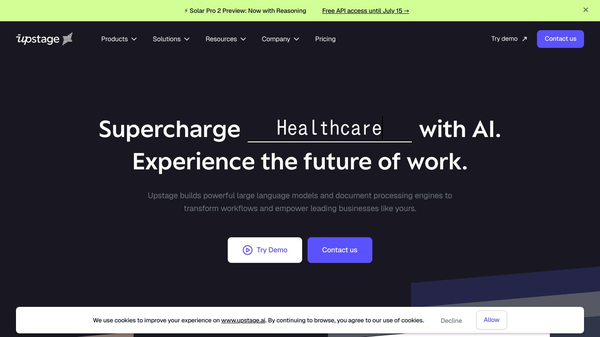
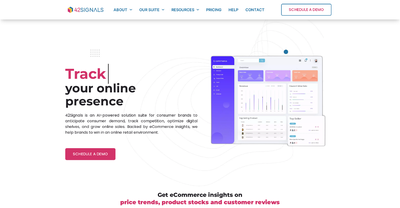
Comments
Please log in to post a comment.